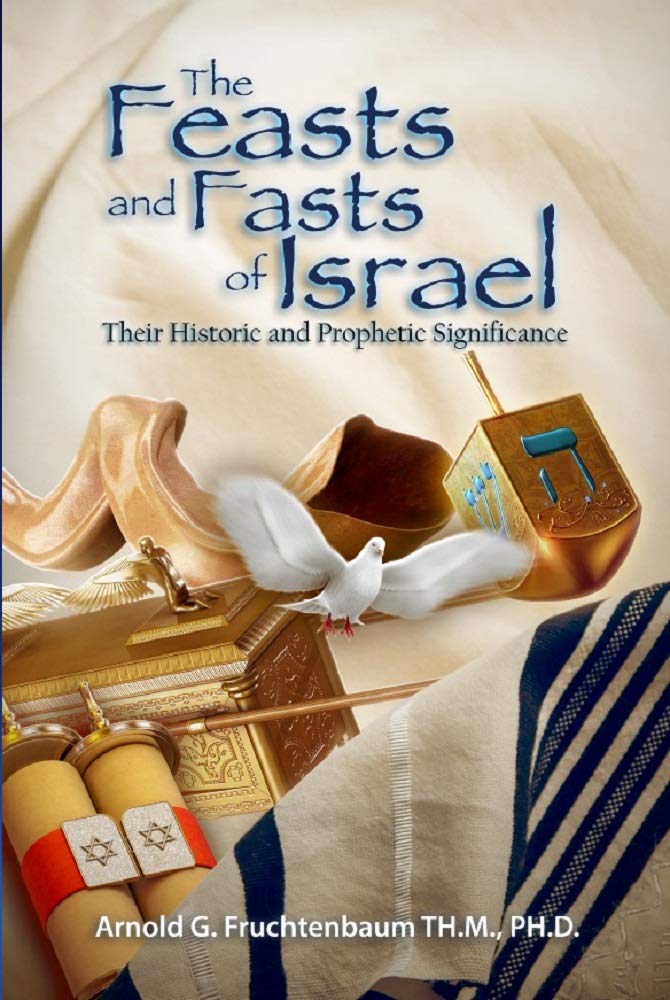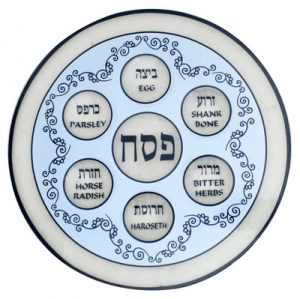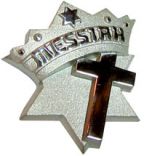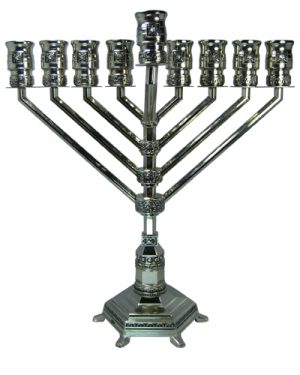Description
This work is devoted to those Jewish feasts and fasts that are observed on a yearly basis. The introduction explores the historical background, function, and order of the Jewish calendar. This is followed by the first part of the book, which surveys the seven holy seasons of Israel. To set the stage, the sacrifices described in the book of Leviticus are presented, followed by an introduction to the holy seasons of Israel. Then, the festivals are studied one by one, beginning with Pesach and ending with Sukkot. The author explains how the holy seasons were to be celebrated in accordance with the Mosaic Law, how Rabbinic Judaism observes them, what their Messianic implications are, and how they have been or will be fulfilled in the Messianic program. The second part of this commentary covers the post-Mosaic feasts of Israel, namely Chanukah and Purim. This is followed by a third part, which deals with Rosh Chodesh and Tisha B’Av, the minor Jewish feasts and fasts. The commentary is based on Dr. Arnold Fruchtenbaum’s decades of teaching and original research of the Talmudic source texts and the works of other scholars. Compiled and edited by Christiane K. Jurik, M.A., this work offers many practical graphs and illustrations which make it a helpful tool for those who seek to enhance their personal Bible study as well as for those who wish to prepare meaningful sermons and lectures.




